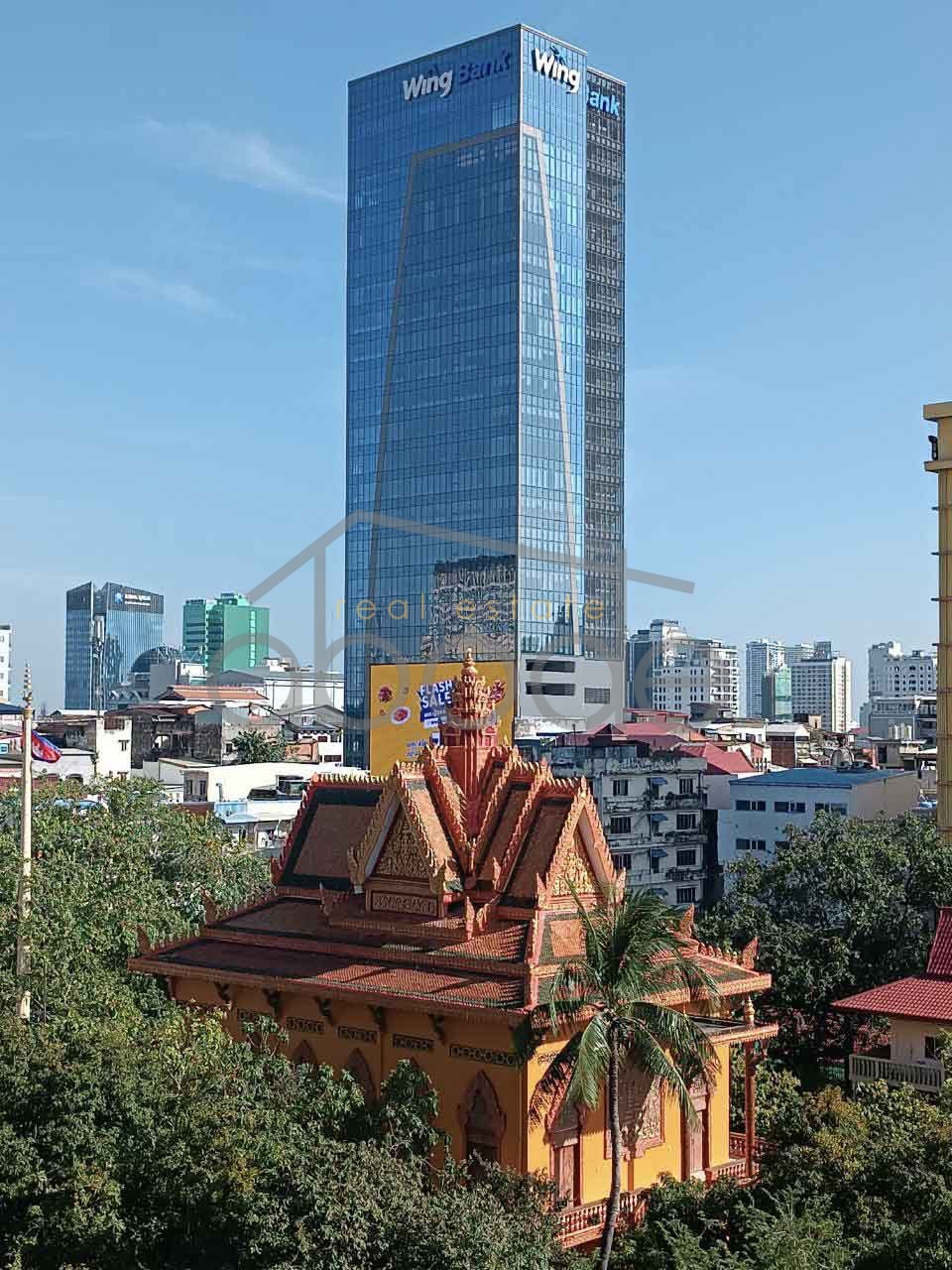Recent times have brought significant global challenges and 2024 appears not to buck this trend, with some suggesting it will bring both further challenges and interesting opportunities to Cambodia.

Cambodia – recent challenges
The property market faces an oversupply of projects, albeit within a macro environment of strong GDP growth and decreasing inflation with both Phnom Penh and Sihanoukville having had too much happen, and way too quickly.
It is not surprising, therefore, that after years of hot growth, the residential sector finally encountered strong headwinds in 2023 with a combination of intense competition and weak demand.
Other global factors, such as the Ukraine war, the Israel-Hamas conflict, and China’s faltering property market are indirectly affecting Foreign Direct Investment (FDI) into the Kingdom.
Exports to the U.S. and Europe have also declined, as have the tourism, garment, and manufacturing sectors, all of which impact domestic disposable incomes.
So, while a few projects did well, most developers were forced to offer discounts and flexible payment terms to attract buyers.
By the end of 2023, condominium supply topped over 50,000 units in the capital, representing a 15% YoY increase and average occupancy rates for office/retail spaces stagnated, which now sit at around 65% with rents averaging $25/sqm/month.
Oversupply caused a shift away from new projects to existing inventory and, combined with the rising rate of loan defaults since COVID-19 (6% for personal finance and 4% for mortgages), prices have flattened.
Collectively, these factors are having a dampening effect on internal demand for the entire property sector which is reducing not just prices on the shelves, but consumer expectations.
We are now seeing an increase in the number of local buyers either seeking “undermarket” properties or extending offers well under the asking prices.
Cambodia 2024 opportunities
Yet, despite this doom and gloom, the government continues to invest in large infrastructure projects, such as new and upgraded roads, port expansions, and new airports to help diversify the economy.
This is certainly helping the economy in these difficult times along with an increased focus on agriculture, eco-tourism, and value-add manufacturing.
All being said, the local economy remains generally robust with GDP growth in 2023 of 5.8% and inflation at 3% which are expected to remain as such into 2024.
Therefore, despite the challenges (or perhaps even because of), some opportunities are available that could support sustainable economic growth that can improve domestic spending capacity within the Kingdom.
Strategies could include improved zoning and urban planning to better manage urban growth, traffic congestion, and intra-city mobility to enhance the capital’s liveability and invite urban centres to become greener, more climate resilient, and better suited to the local climate.
Better parking options, more public parks, pedestrian-only areas, and improved public transport are also low-hanging fruit that would make the capital better whilst addressing the increase in road traffic (both vehicle size and numbers) that threatens to strangle the city.
Other opportunities likely to become apparent in 2024 include nurturing future-focused industries like science, manufacturing, medicine, and alternative power generation.
This requires continued investment in infrastructure, vocational training, easier access to trade, and government-to-government partnerships, such as Special Economic Zones.
It seems clear to me that Cambodia more broadly and Phnom Penh especially are at a crossroads, requiring strategic and innovative policy decisions.
Without this, this little nation may not adequately capitalize on the opportunities 2024’s evolving economic and social landscapes have to offer.
Check out Student Housing in Phnom Penh






